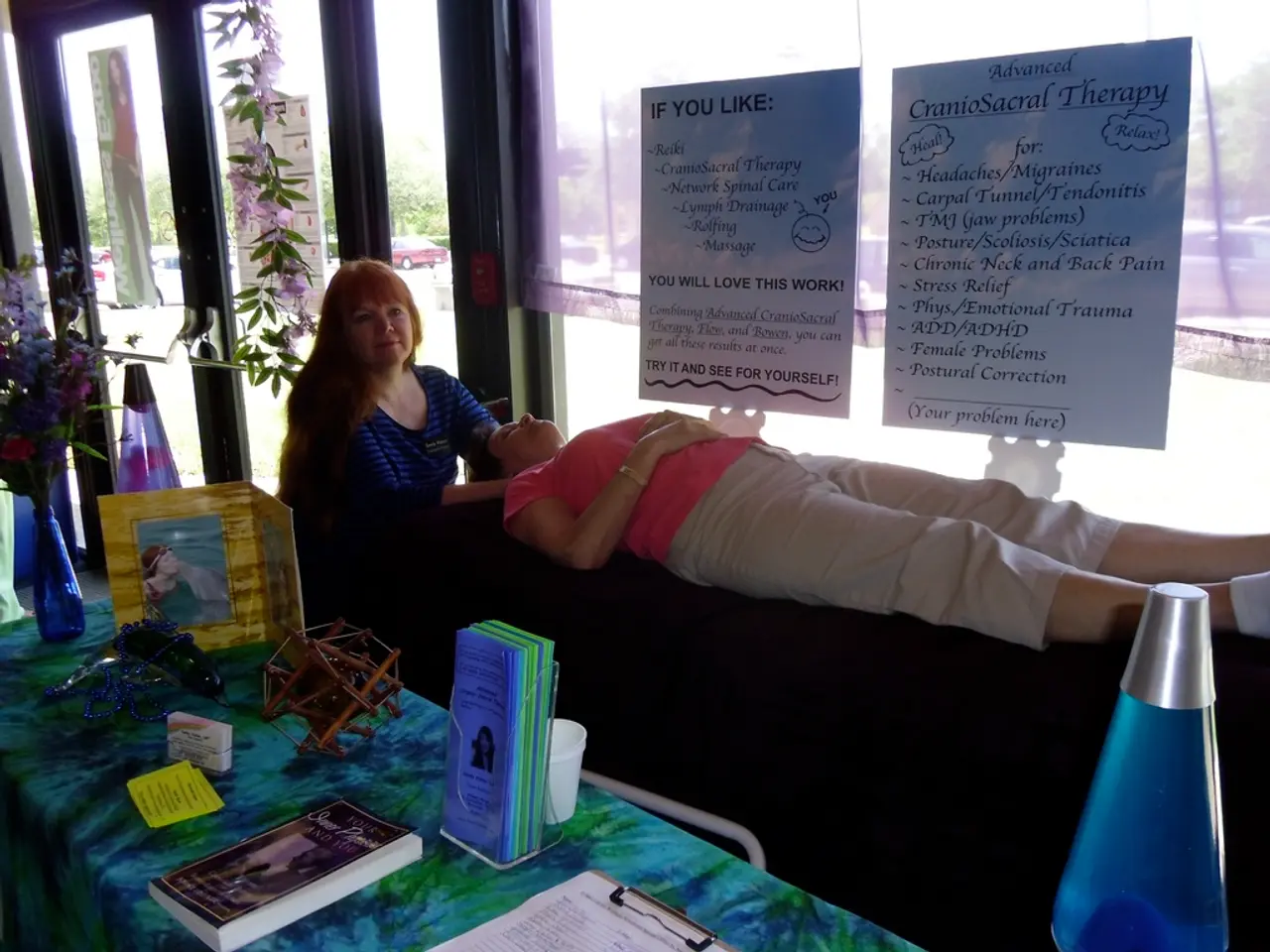Menopause: Understanding and Addressing Changes in Sexual Intimacy
Menopause, marked by the cessation of menstrual periods, brings various physical and psychological changes for women. Common symptoms include night sweats, hot flashes, vaginal dryness, and anxiety. These can significantly impact sexual intimacy and desire.
Menopause affects many aspects of a woman's life, including her sex life. Decreased sex and intimacy are common but often overlooked symptoms, often due to changing hormone levels or stress. Fortunately, several options can help restore intimacy and arousal during this time.
Pelvic physical therapy, laser vaginal rejuvenation, and sex therapists can provide practical solutions. Mindfulness, tai chi, acupuncture, yoga, and stress relief techniques can also help alleviate symptoms that interfere with sexual intimacy. Testosterone therapy may improve sexual dysfunction, but it should be monitored carefully.
Hormonal replacement therapy (HRT) can manage vasomotor symptoms and vulvovaginal atrophy. Herbal supplements like soy, black cohosh, and red clover may boost libido, but should be sourced reputably. Rediscovering what libido means to each individual can also be beneficial.
A multidisciplinary approach involving gynecologists, general practitioners, psychotherapists, sexual medicine specialists, psychologists, mindfulness trainers, and prevention specialists can provide comprehensive support. Structured interdisciplinary care, such as that offered by pro familia, can also be invaluable.
Menopause brings numerous changes, including impacts on sexual intimacy and desire. With options ranging from physical therapy and mindfulness practices to hormonal therapies and herbal supplements, women can find relief and maintain intimacy. A holistic approach involving various healthcare professionals can provide tailored, effective support.




